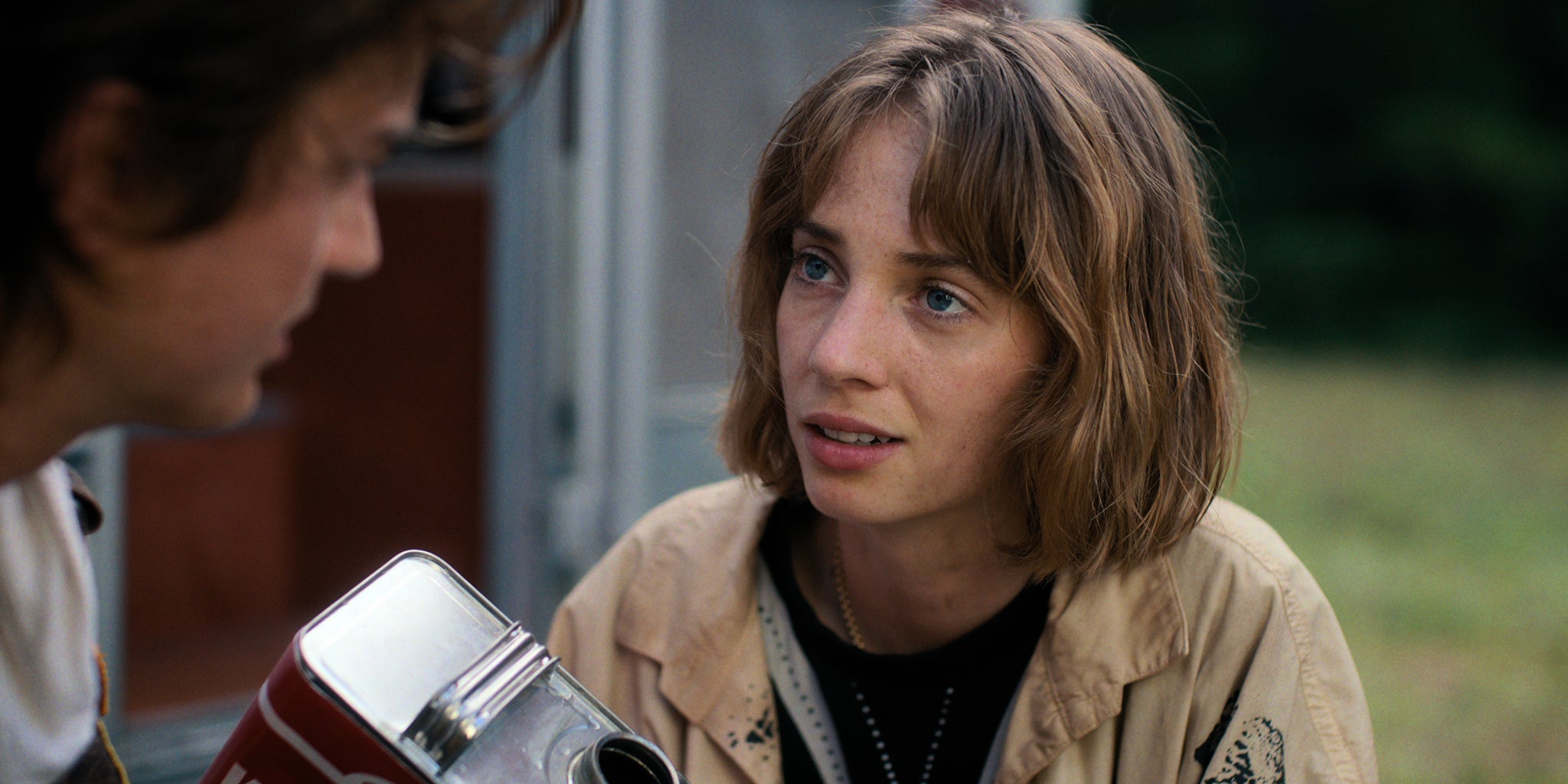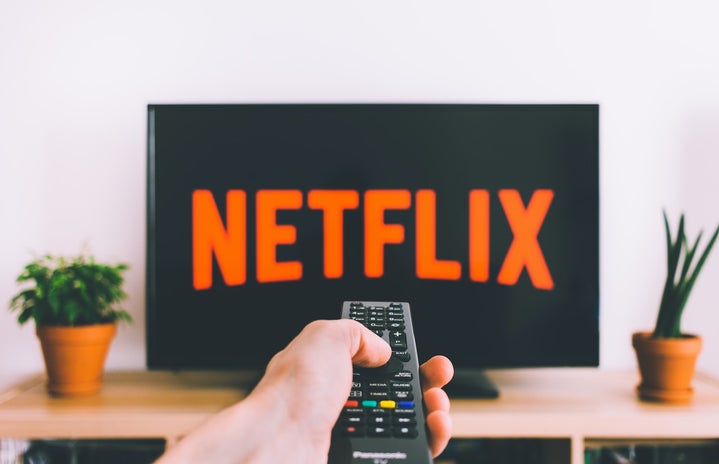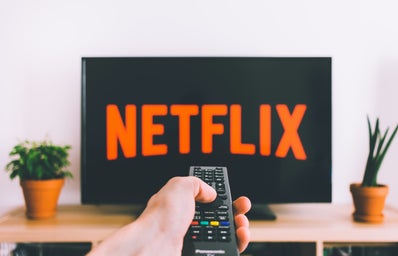In a world where the rich get richer and the poor get poorer, how does that translate for those who break that Class Ceiling?
What role does classism play in the music scene?
According to a recent study (Social Mobility and ‘Openness’ in Creative Occupations since the 1970s), research shows that, the number of working-class people in creative industries has diminished by half since the 1970s. Between 1953 and 1962, 16.4% of creatives came from a working-class upbringing, but by the 2010s, that was halved by 7.9%. The study also found that those from professional families were four times more likely than those of working-class families to enter into creative professions.
The entertainment industry is being overpopulated with middle to upper-class people, leaving little room for working-class performers.
Rags to riches: Celebrities from PoOR backgrounds
An example of a celebrity who had a less-than-glamourous background is Halsey (the stage name of Ashley Frangipane). In a tell-all interview with Rolling Stone, Halsey details her turbulent childhood and the steps to her success. She was a cover artist on MySpace, Youtube and Keek, where she garnered a surprising following. After an incident with her parents, Halsey experienced bouts of homelessness
She’d gotten into the well-regarded Rhode Island School of Design, and then learned that she couldn’t afford to go. She’d found the college she could afford a waste of time. She was technically homeless, having been kicked out by her parents after quitting school (“They just didn’t agree with a lot of things about me”). Her phone service had been cut off. She had no health insurance. Her friends would pool their money to split a $1 slice of pizza and then get high in their underwear on a roof somewhere. “I remember one time I had $9 in my bank account,” she says later, “and bought a four-pack of Red Bull and used it to stay up overnight over the course of two or three days, because it was less dangerous to not sleep than it was to sleep somewhere random and maybe get raped or kidnapped.” She was, in other words, living the bohemian dream, and when that got a little less dreamy.
Alex Morris, ‘Inside Halsey’s Troubled Past, Chaotic Present’, Rolling Stone Magazine
It was only after she got invited to a hotel party that Halsey got her big break (“I figured hotel party equals bed. I needed a bed.”) A “music guy” recognised her from her covers, from there she went down to the basement that was refurbished into a recording studio, where Halsey wrote and recorded her first single, ‘Ghost‘. That would later feature on her debut EP ‘Room 93’ and her debut album ‘Badlands’.
From there, Halsey’s life was never the same. “At around 10 p.m. one night a few weeks later, she uploaded the song to SoundCloud, and when she logged back on an hour later, her Twitter account was blowing up. By 3 a.m., she says, five labels had contacted her. By morning, the song was charting.” After signing with record company Astralwerks, she received a $100,000 deal (not a lot in context, but to a homeless teenager at the time, was life-changing.)
There is no doubt that Halsey earned her spot through blood sweat and tears… but why do we need artists to suffer to give them the credit they deserve?
What is a nepo-baby and what’s the problem?
Several artists entered these industries through exploiting their pre-existing connections. This happens so often that there has been a running internet joke: “Never ask an artist why their parent’s names are blue on Wikipedia.” The concept of using pre-existing connections to enter into a desired profession isn’t, in itself, the issue — although some would argue otherwise. There is nothing wrong with following your parent’s footsteps or using whatever resources are available to you, even if they aren’t available to others. The issue arises where your success is portrayed as equal to or as hard-earned as the success of someone without any of those connections.

Actress and singer-songwriter, Maya Hawke, is most famously known for her Netflix projects: Stranger Things, Do Revenge, and Fear Street. However, the apple didn’t fall too far from the tree, as Hawke is the daughter of actor, writer, and director Ethan Hawke (Before Sunrise, Boyhood, Dead Poet’s Society), and Tarantino star, Uma Thurman (Pulp Fiction, Kill Bill, Dangerous Liaisons). Despite, or maybe because of, her upbringing, Hawke is a very talented performer in both her acting and music. Yet, it appears attempts to discredit her have appeared, citing her nepo-baby status to blame.
However, Maya Hawke doesn’t hide her background, or deny that she had a leg-up from others. Her transparency in her advantage is possibly what sets her aside from other, more privileged performers:
But if you were to call me a child of nepotism, then I would be totally comfortable with it. […] I feel like there’s a difference between what people imagine the advantages are and what they really are. The advantages are not having to worry about living hand to mouth and having information about how the industry works, how acting works, how to show up on set, how to be kind to people, and how to show respect for different departments. I feel deeply lucky to have that. This other idea, that you just appear on set, or that your parents are making calls for you, that’s not real.
Tara Brady, Maya Hawke: ‘If you were to call me a child of nepotism, then I would be totally comfortable with it’, The Irish Times, 2023
Ultimately, it’s clear that the entertainment industry suffers from a bias of cherry-picking talent from their own. Maybe there is rhyme and reason to it: if the parents are talented actors, performers, is it really so far-fetched to consider that their children will be too? At the same time, do they deserve the same amount of admiration as people who worked their way up the ranks? And more importantly, why do we want their struggle to be the key to their success?
I think, personally, we’re not angry at the celebrities who’ve had it easier than others. I think we’re angry that working-class performers have to struggle at all. People who are less fortunate should have the same opportunities as the more fortunate. However, this isn’t an entertainment industry issue. Unfortunately, it’s a world-wide problem.
Related Articles:
INEQUALITY IN THE ENTERTAINMENT INDUSTRY: STARTLING STATISTICS


